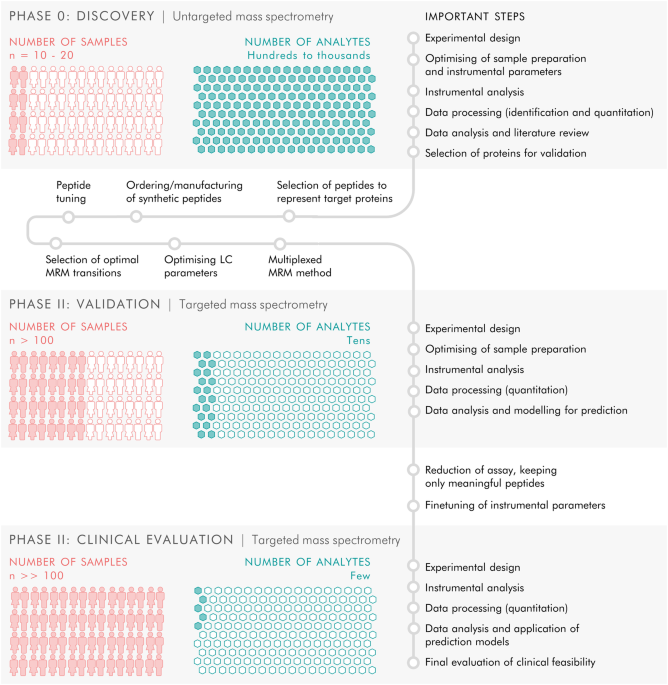Time: 2024-06-23
A groundbreaking new blood test developed by researchers at University College London and University Medical Center Goettingen in Germany has the potential to diagnose Parkinson's disease up to seven years before symptoms appear. This test utilizes artificial intelligence to analyze blood samples from patients with rapid eye movement behavior disorder (iRBD), a condition associated with an increased risk of Alzheimer's disease. The study, published in Nature Communications, identified eight proteins in the blood that could indicate the presence of Parkinson's disease, paving the way for early intervention strategies that could slow down disease progression or even prevent its onset.

Moreover, this blood test offers a less invasive alternative to traditional methods like lumbar punctures for diagnosing Parkinson's disease. Through the analysis of blood samples, researchers have identified biomarkers directly linked to inflammatory processes and the degradation of non-functional proteins, providing potential targets for new drug treatments. The development of this test represents a significant step forward in the search for a definitive and patient-friendly diagnostic tool for Parkinson's disease, supported by co-funding from Parkinson's UK.
Utilizing artificial intelligence in healthcare has shown immense promise, particularly in the early diagnosis and prediction of serious health conditions like Parkinson's disease. By integrating advanced technologies like AI into medical practice, there is a paradigm shift in the approach to neurodegenerative diseases. The AI-powered blood test for Parkinson's disease exemplifies the potential of these innovations to enhance patient outcomes, transform healthcare delivery, and open avenues for earlier and more effective interventions.
This new blood test not only aids in the early identification of potential Parkinson's patients but also has the ability to distinguish between Parkinson's disease and other conditions with similar early symptoms, such as multiple systems atrophy or Lewy body dementia. As research progresses, this blood-based test could revolutionize the diagnosis and management of Parkinson's disease, offering patients the opportunity for earlier interventions and personalized treatment plans based on their unique biomarker profile.
Parkinson's disease, recognized as the world's fastest-growing neurodegenerative disorder, affects nearly 10 million individuals globally, highlighting the urgent need for disease-modifying and prevention strategies. Biomarkers play a crucial role in identifying PD at its earliest stages, allowing for population-based screenings to detect at-risk individuals who can participate in prevention trials. The development of reliable and objective biomarkers in easily accessible bio-fluids is essential for advancing the understanding of PD's molecular pathophysiology and paving the way for targeted treatment approaches.
The identification of additional biomarkers, coupled with advancements in multiplex technologies and proteomic analysis, offers new insights into the pathophysiology of Parkinson's disease. By correlating these biomarkers with clinical progression data, researchers can establish more objective measures of disease progression and tailor treatment strategies accordingly. The integration of mass spectrometry-based techniques and machine learning models enhances the specificity and sensitivity of diagnostic tests, providing a comprehensive disease profile for early detection and intervention.
Looking ahead, researchers aim to validate the accuracy of the blood test through longitudinal follow-up studies and expand its application to larger cohorts at risk of developing Parkinson's disease. By refining the biomarker panel and incorporating additional markers, future studies seek to differentiate between various clinical syndromes and identify progression biomarkers for use in prevention trials. The continued exploration of multi-omics analysis and machine learning bioinformatics holds the key to translating these research findings into clinically meaningful results that can impact drug trial planning and biomarker validation.
In conclusion, the development of a blood-based test for Parkinson's disease represents a significant milestone in the field of medicine, offering a non-invasive and early diagnostic tool that can predict disease onset years before symptoms manifest. This innovative approach, powered by artificial intelligence and advanced proteomic analysis, underscores the transformative potential of integrating technology into healthcare to improve patient outcomes, enhance diagnostic capabilities, and revolutionize disease management practices. As research progresses, the implementation of these cutting-edge strategies promises to reshape the landscape of neurodegenerative disorder diagnosis and treatment, heralding a new era of precision medicine and personalized care.